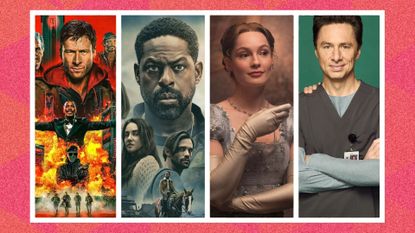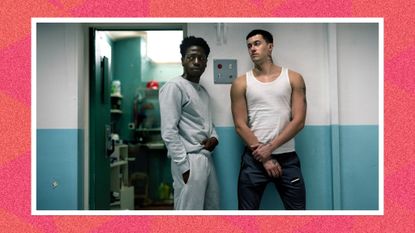Entertainment
All the best entertainment news, reviews and shortlists. Whether it's TV, movies or gaming information you need - you can find it here.
-
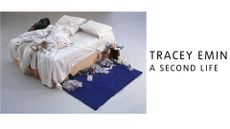
Tracy Emin's Tate Modern exhibition opens today: all the details
More than just an unmade bed
By Andrew Williams Published
entertainment -

Exclusive: Patrick Dempsey on double lives, fatherhood in London, and the racing epic he wants to make next
The Grey's Anatomy star is teaming up with a Sopranos legend for Amazon Prime's Memory of a Killer.
By Rebecca May Published
entertainment -
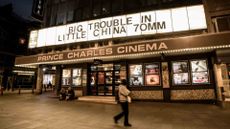
Mystery movie marathon is coming to one of London's most iconic cinema's
Time for a late one
By Morgan Truder Published
entertainment -
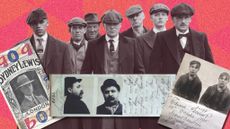
The truth about the ‘real’ Peaky Blinders — 7 facts, myths and stories from the historian who knows best
Razor blades, racecourse fights and backstreet thugs — but how much of that was actually real?
By Morgan Truder Published
entertainment -
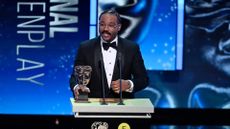
Ryan Coogler’s X-Files reboot just got the green light
Hulu has ordered a pilot for Ryan Coogler’s long-gestating reboot
By Morgan Truder Published
entertainment -
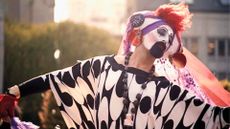
BFI Flare has released its mega lineup for 2026 – and these are our top four film picks
Flare flair
By Hermione Blandford Published
entertainment -
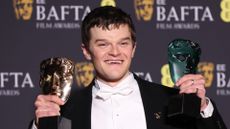
BAFTAs 2026 shocks: I Swear's Robert Aramayo wins best actor while Marty Supreme misses across the board
Laughs, cries, and drama >> Lights, camera, action
By Hermione Blandford Published
entertainment -
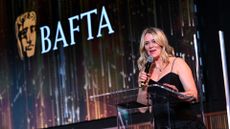
Edith Bowman on BAFTA surprises and the TV tech behind your favourite films
From the big screen to your little screen
By Hermione Blandford Published
entertainment -
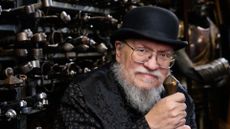
A brand new Game of Thrones play is heading to the UK this summer – and George R R Martin is producing
Winter may be coming but so is a new show
By Hermione Blandford Published
entertainment -
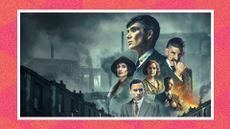
Peaky Blinders returns: The Immortal Man release date, trailer and everything else we know so far
Grab your flapcap and pour a whiskey
By Morgan Truder Last updated
entertainment -
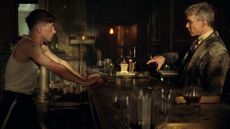
Peaky Blinders: Immortal Man trailer sees Cillian Murphy and Barry Keoghan team up in gangster's paradise
We are so back baby
By Hermione Blandford Published
entertainment -

What do Charli XCX and Meat Loaf have in common? 9 of the best acting performances from musicians
These are the artists who hit the high notes when making the transition from stage to screen.
By Jon Mundy Published
entertainment -
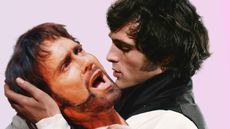
Forget Jacob Elordi — Cliff Richard's forgotten musical Heathcliff makes for the most unhinged Wuthering Heights adaptation
Respectfully, I am scarred
By Hermione Blandford Published
entertainment -
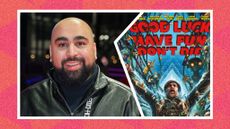
Asim Chaudhry on David Attenborough, defending the world, and his new film Good Luck Have Fun Don't Die
People just do a lot of great films
By Hermione Blandford Published
entertainment -

Gigantic immersive art experience begins construction in London's Westfield
Getting surreal in a shopping centre
By Andrew Williams Published
entertainment -
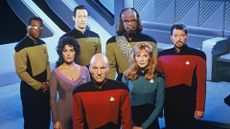
Star Trek is taking over London’s Science Museum to celebrate its 60th anniversary
Live long and prosper (by heading to the exhibition)
By Hermione Blandford Published
entertainment -
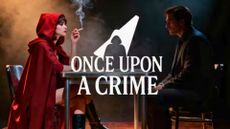
London just got a new immersive theatrical experience which puts a detective twist on fairytale classics
A happy ending isn’t a given
By Hermione Blandford Published
entertainment
